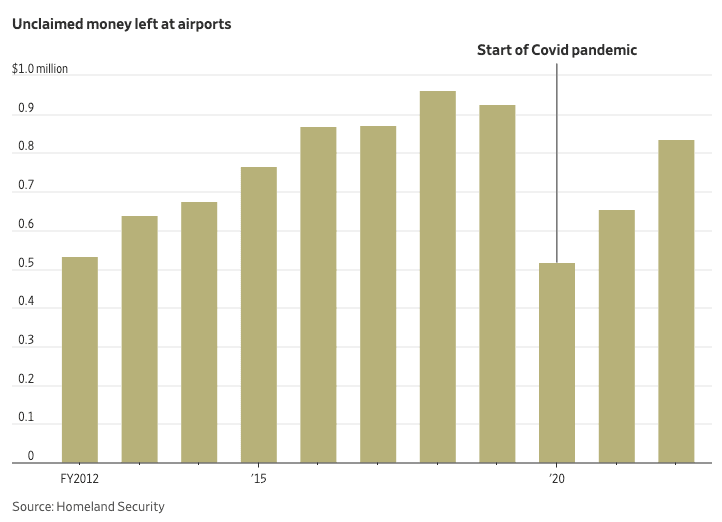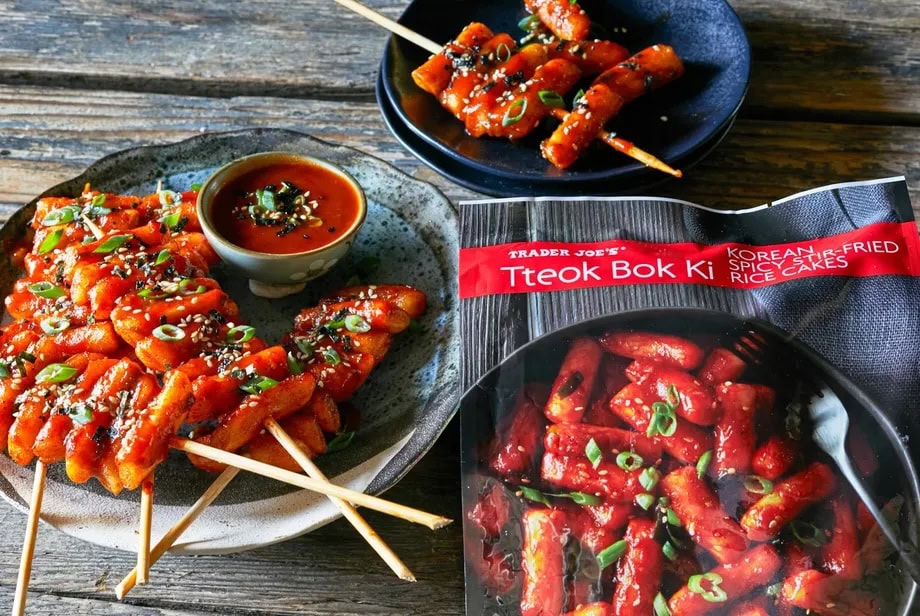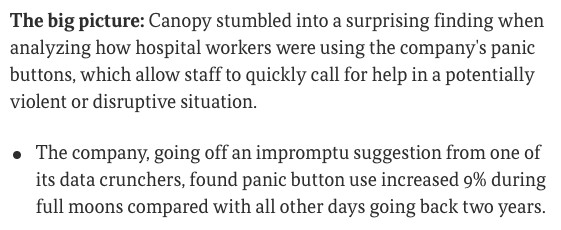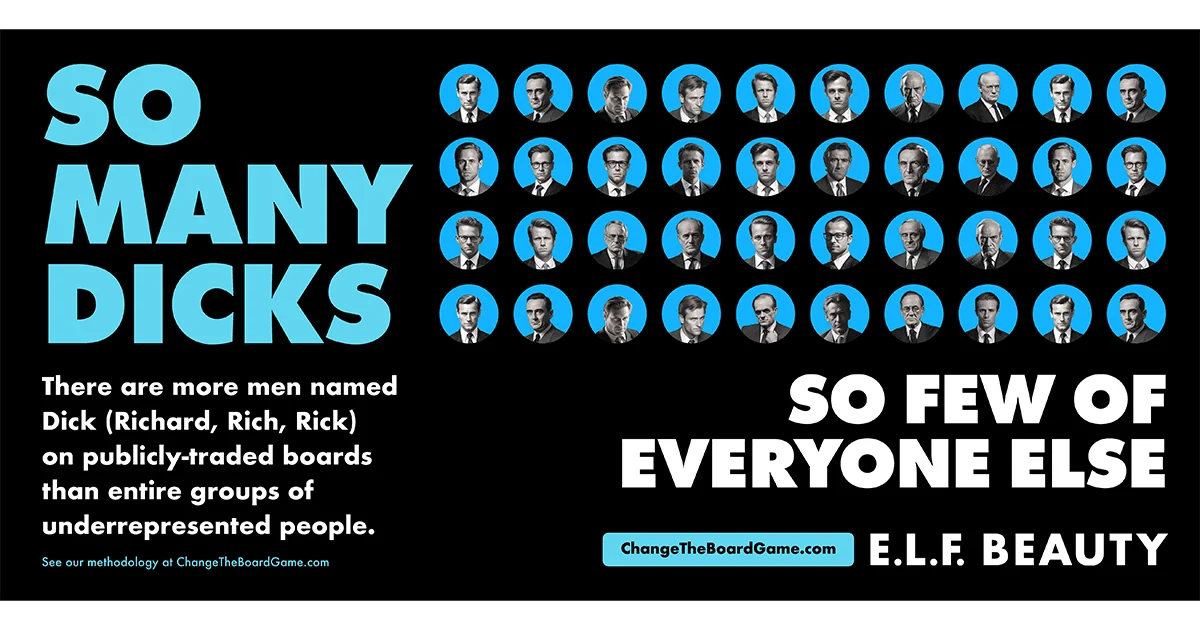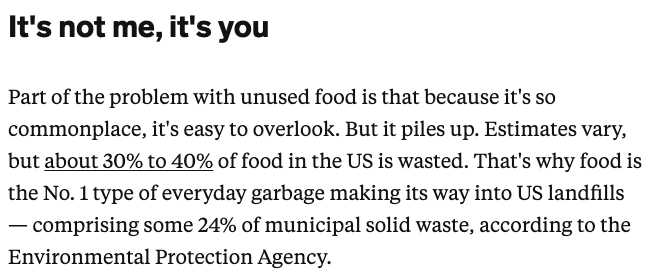Why your PR strategy needs data
Simply put, providing relevant or unique data in reporter outreach increases the chances of media pick-up and can make a story more newsworthy. In fact, 68% of journalists say they want to see original research and trend data in pitches.
Why? Because data-driven PR can uncover behavioral and economic shifts, tell a story and substantiate claims.
- Hard facts and numbers are perceived as more objective and reliable than mere claims or opinions.
- Data quantifies the impact, reach, or significance of your products, services or initiatives.
- Numbers help to illustrate scale, making messaging more compelling and memorable.
Original data can also establish your company as a thought leader. By being the first to highlight significant shifts in industry or consumer behavior, your brand gains visibility. News outlets and blogs are likely to cite your findings or ask you for commentary.
This visibility not only boosts your brand’s credibility but also reinforces your status as the authoritative voice in your field. Well-utilized and first-party data can transform your company into the preferred and go-to expert on key topics.
Additionally, including an element of surprise or contrarian nature in data points makes for compelling headline material. The best data-driven PR strategies highlight eyebrow-raising societal shifts and trends, consumer behaviors, purchasing patterns or performance metrics that defy conventional wisdom or expectations.
Data-driven PR headline examples
Check out these real-world examples of data-driven news stories:
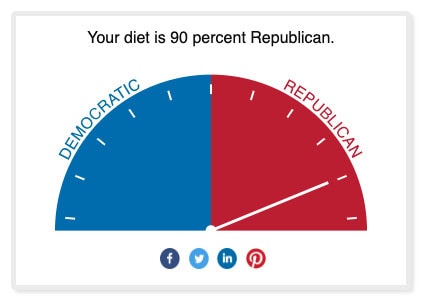
1. GrubHub examined the aggregate ordering patterns of customers across nearly 200 congressional districts and found that Democrats and Republicans eat differently.
2. U-Haul shares data annually to highlight the states where more people move to and from.
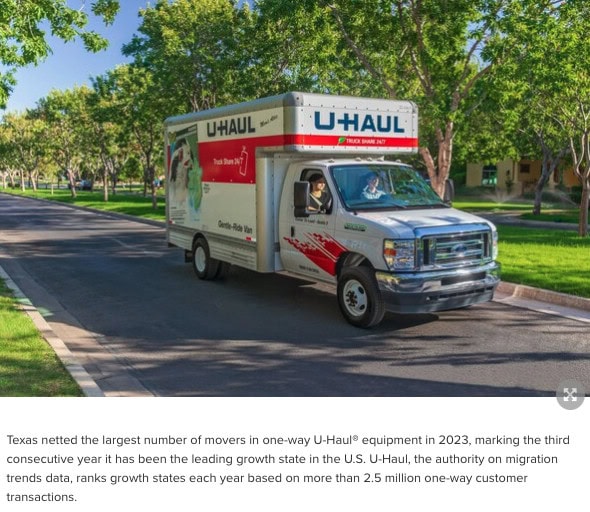
3. Reworld added all the coins it recycles to show that Americans throw away up to $68 million yearly.
4. Zillow found that living alone comes with an expensive ‘singles tax’ of around $20,100.
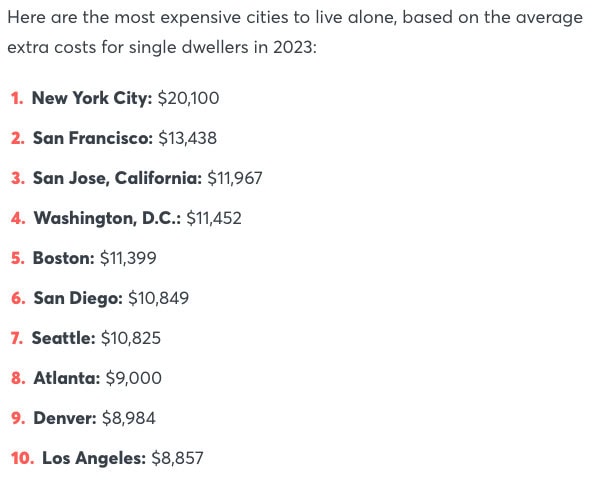
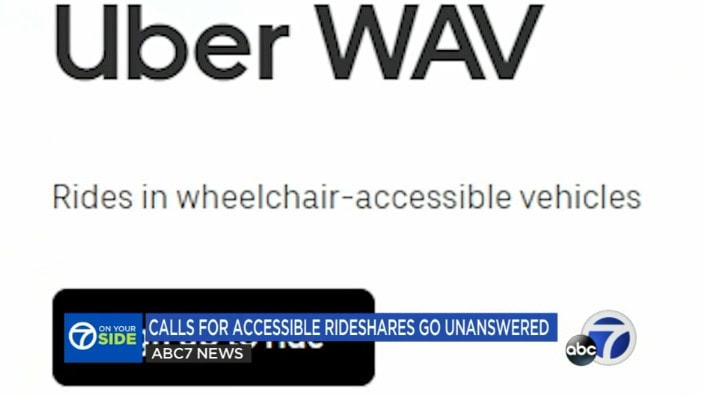
5. San Francisco’s Transportation Authority studied Uber and Lyft data to illustrate the story behind supply and demand issues for wheelchair-accessible vehicles.
6. Sales increased when Trader Joe’s started to use authentic Korean names on food items and removed Americanized phrases.
7. This freight broker surveyed truckers about which grocery stores they hate delivering to, shedding light on one of the biggest pain points of its customer base.
8. When analyzing how hospital workers used its panic buttons, the safety company Canopy found that usage increased by 9% during full moons.
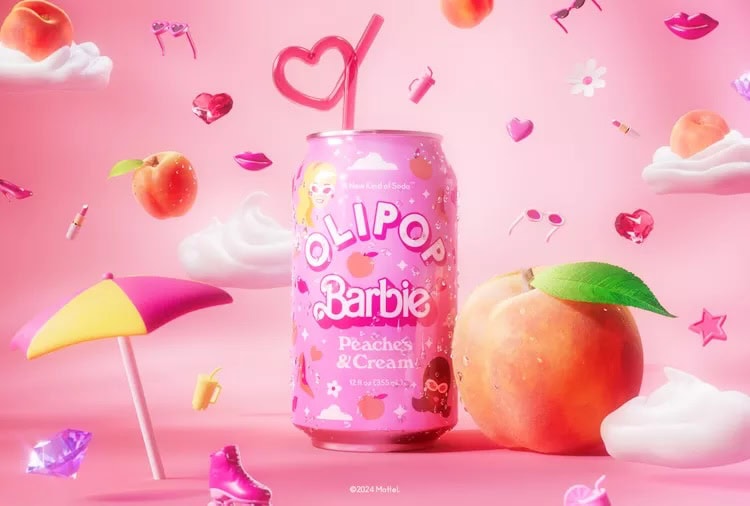
9. Olipop looked at sales data and found that its new soda was outselling eggs at the Sprouts grocery chain.
10. When looking at McDonald’s top loyalty point holders, it was determined they could get 913 vanilla cones, 456 medium fries or 228 Big Macs for free.
11. e.l.f. Beauty highlighted that men named ‘Dick’ outnumber women and diverse groups on US corporate boards.
12. The consumer advocacy group PIRG points out that if a single farm produced all the food wasted in the US, it would be the size of California and New York combined.
Other data-driven PR story ideas to get your creative gears turning (disclosure, AI-generated):
- Seniors More Likely to Use Fitness Apps Than Millennials
- Organic Grocery Sales Highest in America’s Fast Food Capitals
- Airline Data Shows Millennials More Likely to Pay for Premium Seating
- Caribbean Resorts Get the Majority of Bookings From Mountain States
- Southern States Produce More Trash than Northern
- Coding Bootcamps See Enrollment Spike Among Retirees
- Urban Professionals Driving Surge in Backyard Chicken Coops
- Video Game Streaming More Popular Than Netflix Among Gen Z
- Electric Bidet Attachments Outselling Toilet Paper in Millennial Homes
- Lemon Ricotta Pancakes Dethroning Buttermilk as Brunch Staple
- Utah, West Virginia and Ohio Top States for Bacon Consumption
How to bake data into your PR strategy
A data-driven PR story may not emerge immediately, but you should always be on the lookout for counterintuitive, notable or impressive findings. Establish standard operating procedures that make the sharing and analysis of company and client figures possible. Make it a cultural norm to get curious about annual reports and stay up-to-date on internal experiments and macroeconomic forces.
- Identify key data sources and keep communication open. Let other teams know you are looking for relevant data within your organization, such as sales figures, customer surveys, demographics, website analytics and social media metrics. Collaborate across departments to uncover compelling stories.
- Analyze the data to uncover trends and patterns that can be turned into newsworthy narratives. Look for year-over-year changes, regional variations, demographic differences, or comparisons to competitors or industry benchmarks.
- Weave data points and statistics into the key messages you want to communicate. Use data to support claims, quantify achievements or illustrate the scale of an issue or trend.
- Don’t forget to add expert commentary to help interpret the data’s significance and implications for your industry or audience.
- And if you don’t have internal data to support your messaging, analyze third-party data or conduct new survey research.
Get more news coverage with data-driven PR
Integrating data into your PR strategy is not just about enhancing credibility; it’s a powerful tool to capture media attention and elevate your brand’s narrative.
You can craft stories that differentiate your message from the competition by analyzing data to unearth unique insights. Embrace data as your storytelling companion.
Now, go crunch the numbers to find something noteworthy!


